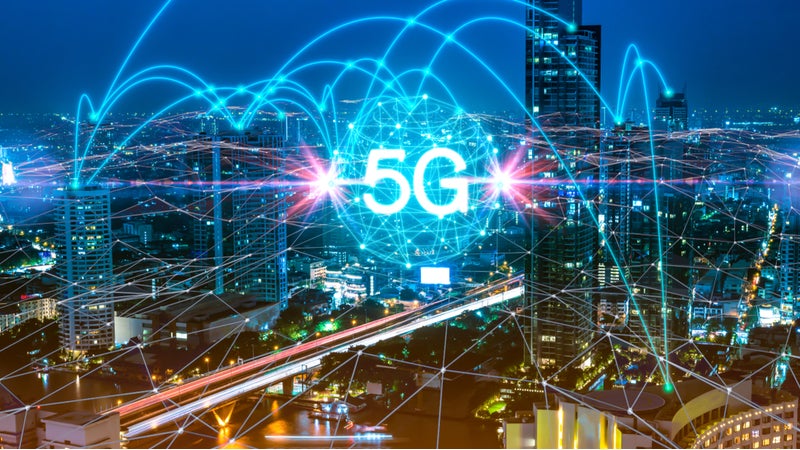We have already seen the start of the rollout of 5G networks in the region. The first contracts have been placed and 2020 is set to be the year that 5G takes off.
The coming decade will see a wave of investment in 5G and wealthy Middle East states such as Saudi Arabia and the UAE will be at the forefront.
Driven by long-term development visions centred around the development of non-oil industries in the region, ultra-fast broadband is a key enabler of new ventures and is being given a high priority.
Uneven development
But the development of 5G will not be uniformly spread across the region over the next 10 years.
The initial phase of investment will see the development of the network infrastructure needed for 5G.
How well do you really know your competitors?
Access the most comprehensive Company Profiles on the market, powered by GlobalData. Save hours of research. Gain competitive edge.

Thank you!
Your download email will arrive shortly
Not ready to buy yet? Download a free sample
We are confident about the unique quality of our Company Profiles. However, we want you to make the most beneficial decision for your business, so we offer a free sample that you can download by submitting the below form
By GlobalDataThis will be followed by a surge of investment in end-use applications, ranging from smart cities to holographic communication and many other uses still to be conceived. A peak in investment is expected by around 2025.
The pace of investment will be shaped in part by what is already in place.
5G capacity sits on top of 4G networks. Markets with established long-term evolution (LTE) infrastructure, such as Dubai, Abu Dhabi and Riyadh, will move fastest, while others will continue to struggle to develop 4G.
This will increase the divide between the region’s haves and have nots, with countries such as the UAE moving ahead while Egypt, Jordan, Iraq and others fall further behind.
Even more troubling is the growing chasm between the region’s urban and rural populations.
In countries such as Egypt, Saudi Arabia, Jordan and Algeria, there are large rural youth populations who are becoming increasingly disenfranchised within society and the modern economy.
At a time of upheaval in the region, this disparity, if left unchecked, has the potential to add further social and political instability.
Inclusivity must be among the region’s highest priorities when it comes to planning the rollout of its 5G networks.
Related reports
5G: Review of 5G Technology Readiness and Commercialization
MEED
This article is sourced from Power Technology sister publication www.meed.com, a leading source of high-value business intelligence and economic analysis about the Middle East and North Africa. To access more MEED content register for the 30-day Free Guest User Programme. [/vc_column_text][/vc_column][/vc_row]







